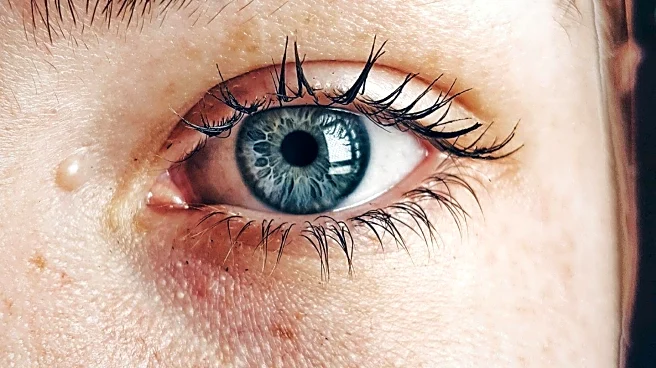What's Happening?
A large-scale study involving over 6 million couples from Taiwan, Denmark, and Sweden has revealed that partners are more likely to share similar psychiatric diagnoses. The research analyzed conditions such as depression, anxiety, ADHD, autism, bipolar disorder, OCD, anorexia, schizophrenia, and substance use disorder. The findings suggest that 'assortative mating,' where individuals choose partners with similar traits and life experiences, may extend to mental health. The study highlights shared environments, attachment styles, and social identity factors as potential contributors to this phenomenon. However, researchers caution that the results are observational and influenced by factors like timing of diagnosis and doctor bias.
Why It's Important?
The study's findings have significant implications for understanding romantic relationships and mental health. Couples sharing similar psychiatric diagnoses may experience enhanced empathy and mutual understanding, potentially improving relationship satisfaction. However, the study also raises concerns about the influence of shared mental health conditions on relationship dynamics and quality. Understanding these patterns can inform mental health professionals and relationship counselors in providing targeted support to couples. Additionally, the research underscores the importance of considering mental health in relationship compatibility assessments.
What's Next?
Further research is needed to explore the causal factors behind couples sharing similar psychiatric diagnoses. Longitudinal studies could provide insights into how these shared conditions affect relationship quality and longevity. Mental health professionals may consider developing interventions that address the unique challenges faced by couples with similar diagnoses. Additionally, public health campaigns could focus on raising awareness about the impact of mental health on relationships, encouraging individuals to seek support and treatment.









